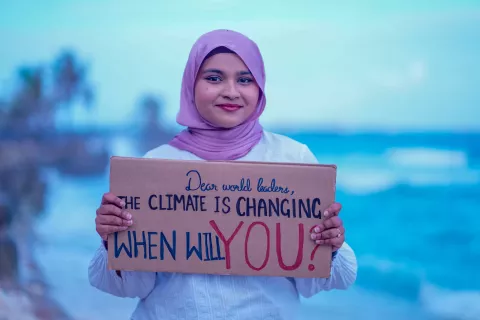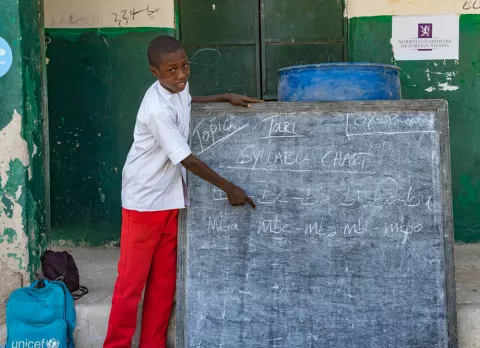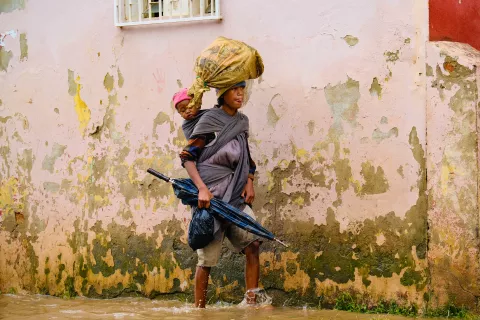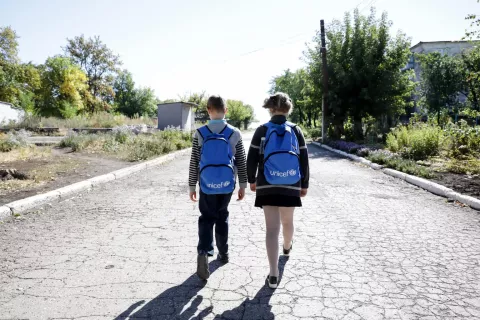The first evening I was put into hospital, when I was 13, I knew I was no longer a child like any other.
Upon admission, that day, I had been placed in the general paediatric ward because the child psychiatry unit was full. My father was by my side. But two hours before the end of visiting times, a nurse ordered him to leave: Different rules applied to children admitted for psychiatric disorders, visits were restricted. He went, while all the other parents stayed. That is how I knew.
I had stepped into a different world. A world where adults in charge of your care have unchecked powers over you. Where expressing distress is considered misbehaviour and misbehaviour is punished with sedation. Medication was a central part of managing us children. I quickly realized we were all administered the same sedative. The little ones were given it mixed with syrup so that they would not complain about the nasty taste.
But as odd as it first seemed, it quickly became my world. I adapted, as children do. A few weeks later, hospital was my new normal. I no longer missed my parents. I stopped wondering what was going on at school. I took my pills like I had to. And I just factored in that if I was too upset, I would be injected with a powerful drug and then tied to my bed for a while.
Chemical and physical restraints are serious human rights issues, yet nobody made a big deal out of them. Unlike adults, children are used to being submitted to authority. Coercing children is perceived as normal. As a result, the line between acceptable discipline and abuse was undetectable to me. It probably was to the staff, too. They were not bad people, most of them. They did what they had been taught and truly believed this was the only way to help us.
I never went back to being a child like any other. I had adapted so well that when I came out of hospital, I had forgotten how to live in society. I no longer felt comfortable at home or at school. My peers were total strangers to me. Children, when moved to a new environment, don’t take long before they lose touch with their past life. Mental health institutions are not only fertile ground for human rights violations, they also sever social ties. For young people, this initial removal from society can be the beginning of a lifetime of isolation and exclusion.
While views about mental health are evolving positively, countless psychiatric institutions around the world continue to produce children, and later adults, conditioned to believe that psychological distress warrants coercion and segregation. It is now time to act to replace institutional care with comprehensive systems of community-based mental health support. These systems should foster inclusion rather than isolation and work with children, not against them. They should acknowledge that children, too, have rights, including the right to be free from violence and to play a leading role in their own treatment and recovery.
There is no better way to promote mental health than to instil in the next generation the understanding that psychological distress is not deviant behaviour to be repressed and hidden away, but just a normal aspect of human experience. Deinstitutionalization and community-based support will be key in achieving this.
About the author:
Lea Labaki is an advocate for the rights of people with psychosocial disabilities and a former user of mental health services. She holds a master’s degree in human rights and humanitarian action. While studying for her degree, she discovered the human rights implications of her experiences in psychiatry, which lead her to specialize in the rights of people with disabilities. She lives in Belgium.
Republished from On My Mind: How adolescents experience and perceive mental health around the world – a companion report to the State of the World's Children 2021.





